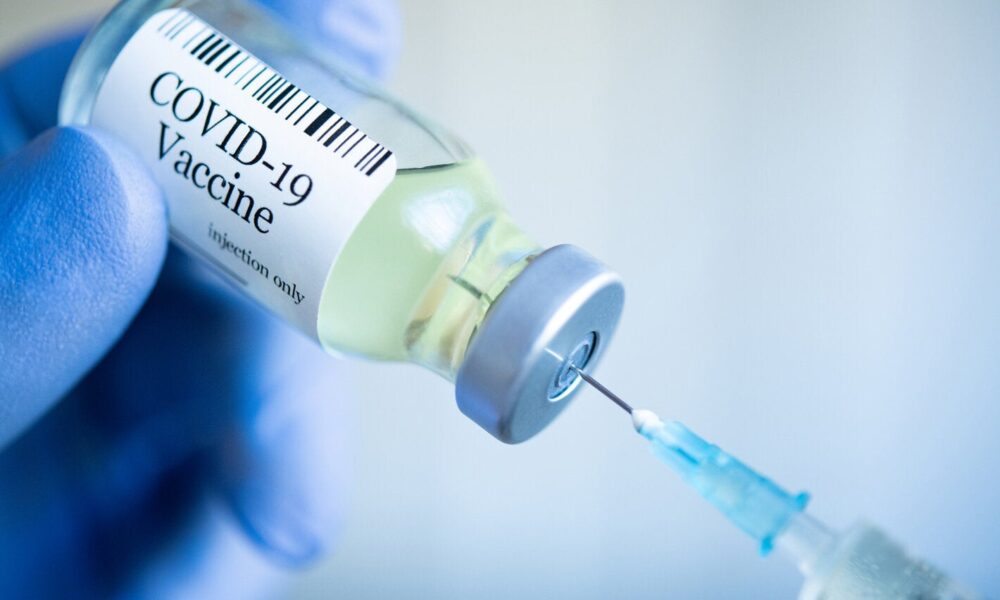More than a year and a half has passed since Canada reported its first-ever COVID-19 case. From social distancing to online learning, humans have quickly adapted to these new conditions in order to contain the spread of the virus. While the pandemic has posed many challenges in academic and scientific domains, researchers jumped on the opportunity to innovate existing epidemiological techniques to help contain the spread of the virus. Most importantly, the pandemic brought scholars together to produce the best possible work within a short time frame. Over the past few months, many McGill researchers have contributed to key innovations in the fight against COVID-19.
- McGill COVID-19 Vaccine Tracker
As one of the most effective means of protection against the virus, vaccines have played a pivotal role in limiting transmission, reducing hospitalizations and death, and protecting immunocompromised people. With over 100 vaccine candidates and just over 20 approved ones, there is a lot to keep track of. However, a team of McGill researchers led by Nicole Basta, an associate professor in McGill’s Department of Epidemiology and Biostatistics, and Erica Moodie, a professor in the same department, created a tracker to provide up-to-date information about the number of approved vaccines worldwide, their manufacturers as well as the countries that administer those vaccines. The tracker also displays a list of potential vaccines that are currently undergoing trials. As debates around vaccine stockpiling and booster shots continue, tools like this will be critical in mapping access to immunization worldwide.
- Domestically produced COVID-19 tests
Many of the COVID-19 cases reported are asymptomatic, so it follows that the more COVID-19 tests are administered, the more cases are detected. Quick results from these tests allow individuals who were in contact with an infected person to quarantine and curb the further spread of the virus. In partnership with the National Research Council (NRC), a team of McGill and RI-MUHC researchers led by Martin Schmeing, a professor in the Department of Biochemistry as well as Don van Meyel, director of the Centre for Translational Biology (CTB) at the RI-MUHC, secured funding that would allow them to produce millions of COVID-19 tests.
- Patient sequencing at the McGill Genome Centre
Researchers at the McGill Genome Centre recently announced a partnership with Genome Canada to extract the DNA and RNA of those who contracted COVID-19 in order to sequence it. Through genome sequencing, researchers will have a better grasp of what makes one patient more vulnerable to the symptoms of coronavirus than another, allowing those at high risk of developing complications from the virus to be identified so that their care can be prioritized.
- A McGill-led study that found links between income inequality and COVID-19 mortality
Researchers, including Frank Elgar, an associate professor in McGill’s Department of Psychology, have provided evidence revealing that COVID-19 mortality rates could in fact be associated with income inequality, as well as individuals’ level of trust in the government and healthcare system. The study showed that countries and economies with greater income inequality tend to have higher COVID-19 mortality rates than those with lower ones. Moreover, countries whose populations report putting more trust in the public sector tend to have lower mortality rates compared to those reporting lower levels of trust.
While the devastating human and economic tolls of the pandemic cannot be ignored, it is inspiring that researchers from across the globe have been able to collaborate with one another to produce meaningful work. Pandemic-era scientific research has undoubtedly highlighted the importance of cross-collaboration among many scientific disciplines.








